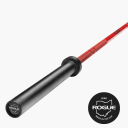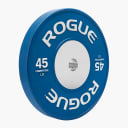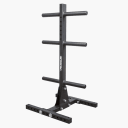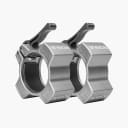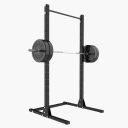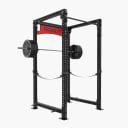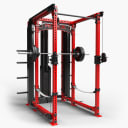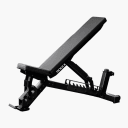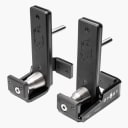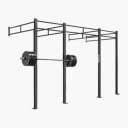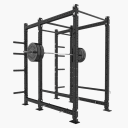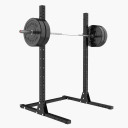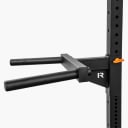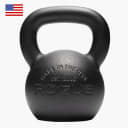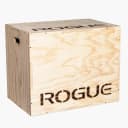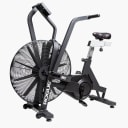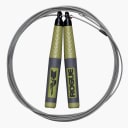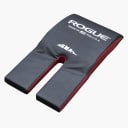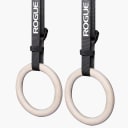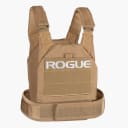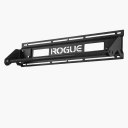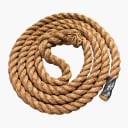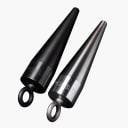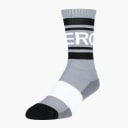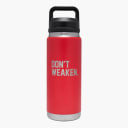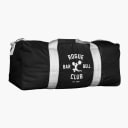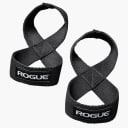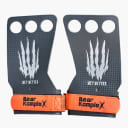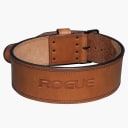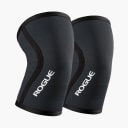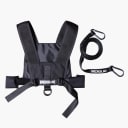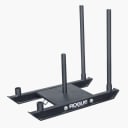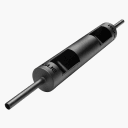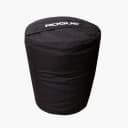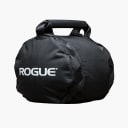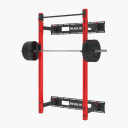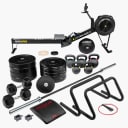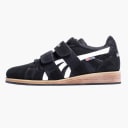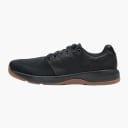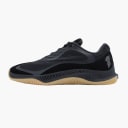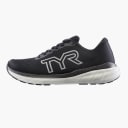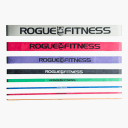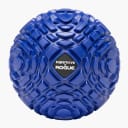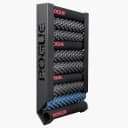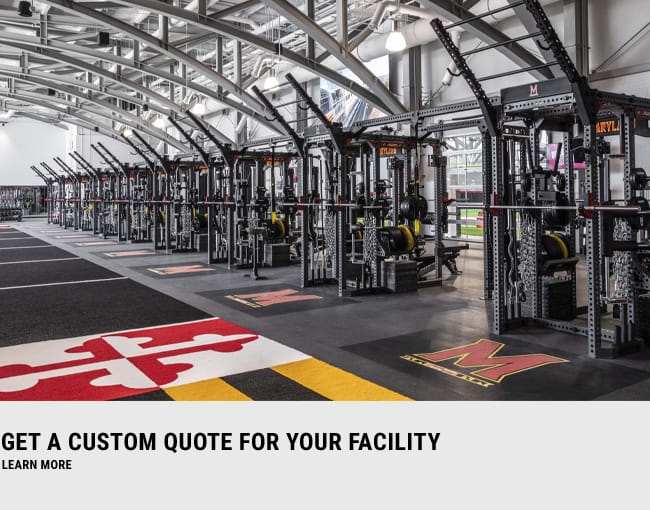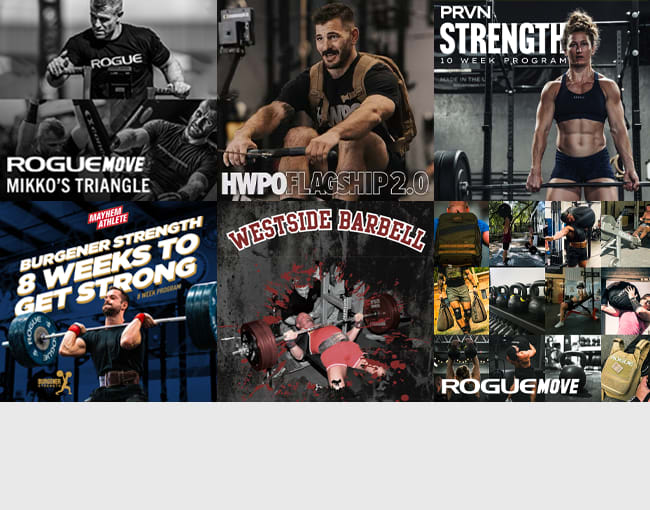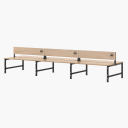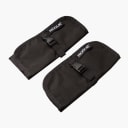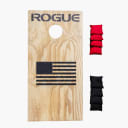AbMat-1 Pull-up Systems
Pull-Up Systems
Pull-up bars - a cornerstone of strength training and functional fitness. Our pull-up bars are designed to provide unmatched performance, durability, and versatility, ensuring you get the most out of every workout.
Different Types of Pull-Up Bars
Explore the diverse range of pull-up bars offered by Rogue, each tailored to meet your specific training needs.
Wall / Ceiling Mounted Pull-Up Bars: Our wall and ceiling-mounted pull-up bars are engineered for maximum stability and durability. These bars are securely attached to the wall or ceiling, providing a sturdy platform for a variety of exercises, including pull-ups, muscle-ups, and leg raises. With their space-saving design, wall-mounted pull-up bars are ideal for home gyms or facilities with limited space, offering endless possibilities for strength training and functional movements.
Pull-Up Stations and Racks: Numerous options are available when it comes to rack-mounted pull-up bars. Stick with our signature texture powder coated pull-up bars or explore our knurled options to get the same feel as you would on our barbells. Add variety to your grip with our Socket Pull-Up Curl Bars which utilize the same design as our curl bar, but mounted to your rack or squat stand. If you are looking for an old school feel, our uncoated Speal Pull-Up Bars and Stainless Socket Pull-Up Bars are unmatched.
Flying Pull-Up Bars and Multi-Grip Bars: Deviating from your standard pull-ups and chin-ups, our Flying Pull-Up and Multi-Grip Bars add variety to any training program, allowing you to train pull-ups explosively or with different grips and hand placement.
Common Exercises with Pull-Up Bars
A pull-up bar offers a wide range of exercises that can enhance your upper body and core strength. Pull-ups, using an overhand grip with palms facing away, and chin-ups, with an underhand grip and palms facing toward you, are classic exercises for building back and arm strength. Muscle-ups combine a pull-up with a dip, allowing you to push yourself above the bar in one fluid motion, adding a level of complexity and strength training. Additionally, leg raises from a hanging position on the bar effectively engage the core muscles, providing a comprehensive workout for the abs and hip flexors.
Choosing the Right Pull-Up Bar
Selecting the right pull-up bar is essential for maximizing your training experience. Consider factors such as weight capacity, installation requirements, and available space to ensure the perfect fit for your fitness goals. With Rogue, you can trust that our pull-up bars are built to last, providing a solid foundation for your strength training.
FAQ:
Assisted pull-up systems are designed to help individuals gradually build strength and progress towards unassisted pull-ups. These systems typically feature adjustable resistance bands or weight-assist mechanisms that reduce the amount of body weight the user needs to lift, making the exercise more manageable.
Pull-up systems can be used for a variety of exercises beyond pull-ups. They can be utilized for exercises like chin-ups, hanging leg raises, knee tucks, and even as anchor points for suspension trainers, rings, or resistance bands. The versatility of pull-up systems allows for a wide range of upper body and core workouts.
It's important to follow safety guidelines when using any pull-up system. Ensure that the equipment is properly installed and secure before use. Start with appropriate resistance or assistance levels and gradually increase intensity as your strength improves. Always maintain proper form and avoid overexertion to prevent injuries.
There are a number of ways to grip a pull-up bar depending on the types of pull-ups you will be doing. For a traditional overhand pull-up, grip the pull-up bar with your palms facing away from you with your arms about shoulder width apart. For a chin-up, reverse your hands and have your palms face you. You can also mix your grip by having one palm face toward you and the other face away, providing more grip on the bar.
